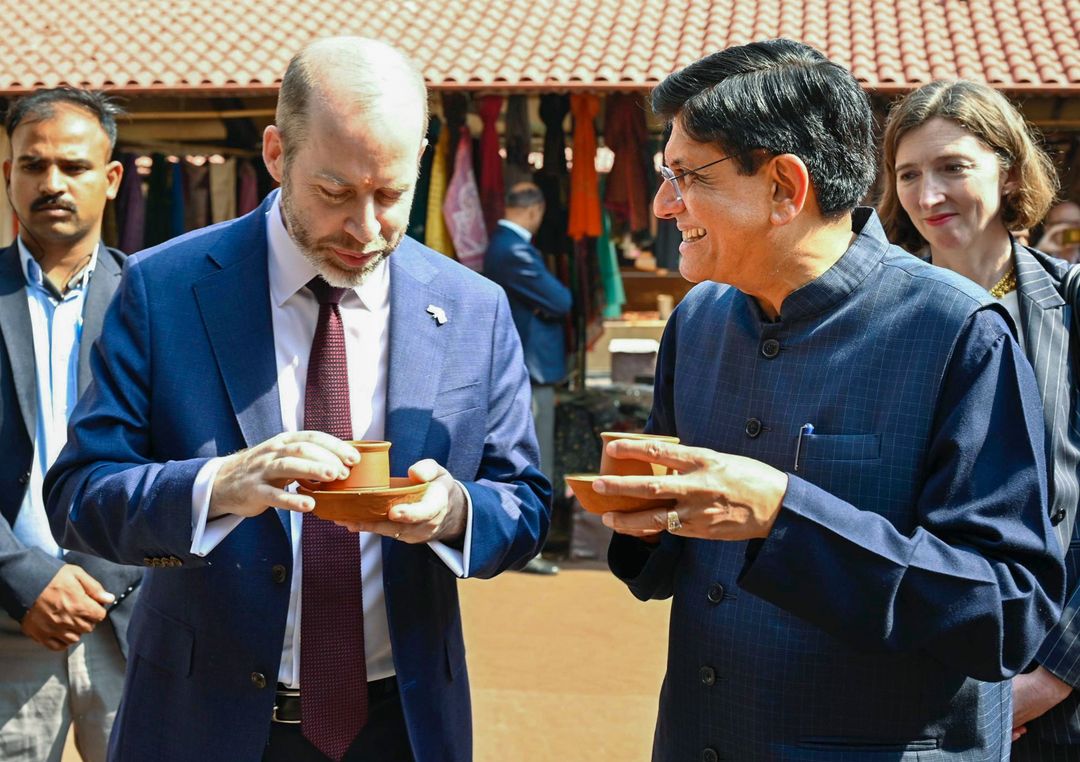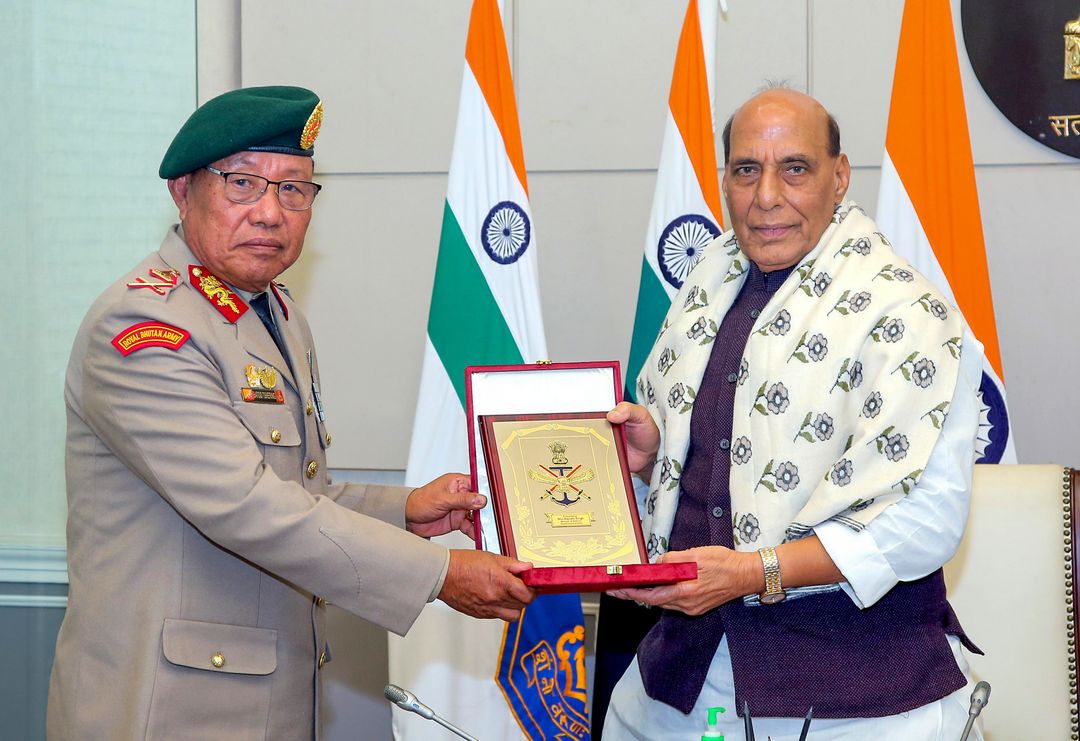Dhaka, March 27 — The United States has signalled its interest in providing military hardware to the Bangladesh Army, underlining the country's strategic role in regional security. This development followed a high-level 24-hour visit to Dhaka by Lieutenant General Joel 'JB' Vowell, Deputy Commanding General of the US Army Pacific.
In a statement issued late Tuesday, the US Embassy in Dhaka confirmed that Lt Gen Vowell held meetings with senior Bangladesh armed forces officials. The discussions centred around shared security interests, ongoing collaboration, and the potential acquisition of US-origin military equipment to boost interoperability and enhance capabilities.
Lt Gen Vowell also commended the professionalism of the Bangladesh military and recognised its contributions to maintaining internal stability, especially in the face of multifaceted responsibilities such as disaster response.
During his visit, Vowell held strategic talks with General Waker-Uz-Zaman, Chief of Army Staff of Bangladesh. According to state news agency Bangladesh Sangbad Sangstha (BSS), the deliberations explored the country's primary military challenges and potential areas for US support.
A significant portion of the talks focused on the upcoming ‘Exercise Tiger Lightning’, scheduled for summer 2025 — a joint military exercise that reflects the growing scope of bilateral defence cooperation.
Lt Gen Vowell also serves as the Deputy Commanding General for Strategy, Plans, and Policy (J5) at the United States Indo-Pacific Command (USINDOPACOM). His Dhaka visit is notable as it marks the first by a senior US military leader since the political shift in Bangladesh following the ousting of the Awami League government in August 2024 and the formation of an interim administration led by Muhammad Yunus.
Defence experts suggest the evolving geopolitical landscape — particularly the unrest in neighbouring Myanmar and the actions of the rebel Arakan Army — has intensified US strategic engagement in the region.
The renewed military outreach underscores Washington’s intent to deepen defence ties with key Indo-Pacific partners amid a complex regional security environment.
Strengthening Military Partnership
In a statement issued late Tuesday, the US Embassy in Dhaka confirmed that Lt Gen Vowell held meetings with senior Bangladesh armed forces officials. The discussions centred around shared security interests, ongoing collaboration, and the potential acquisition of US-origin military equipment to boost interoperability and enhance capabilities.
Lt Gen Vowell also commended the professionalism of the Bangladesh military and recognised its contributions to maintaining internal stability, especially in the face of multifaceted responsibilities such as disaster response.
Meeting with Bangladesh’s Army Chief
During his visit, Vowell held strategic talks with General Waker-Uz-Zaman, Chief of Army Staff of Bangladesh. According to state news agency Bangladesh Sangbad Sangstha (BSS), the deliberations explored the country's primary military challenges and potential areas for US support.
A significant portion of the talks focused on the upcoming ‘Exercise Tiger Lightning’, scheduled for summer 2025 — a joint military exercise that reflects the growing scope of bilateral defence cooperation.
Regional Context and Strategic Interests
Lt Gen Vowell also serves as the Deputy Commanding General for Strategy, Plans, and Policy (J5) at the United States Indo-Pacific Command (USINDOPACOM). His Dhaka visit is notable as it marks the first by a senior US military leader since the political shift in Bangladesh following the ousting of the Awami League government in August 2024 and the formation of an interim administration led by Muhammad Yunus.
Defence experts suggest the evolving geopolitical landscape — particularly the unrest in neighbouring Myanmar and the actions of the rebel Arakan Army — has intensified US strategic engagement in the region.
The renewed military outreach underscores Washington’s intent to deepen defence ties with key Indo-Pacific partners amid a complex regional security environment.
Last updated by a enewsx:


